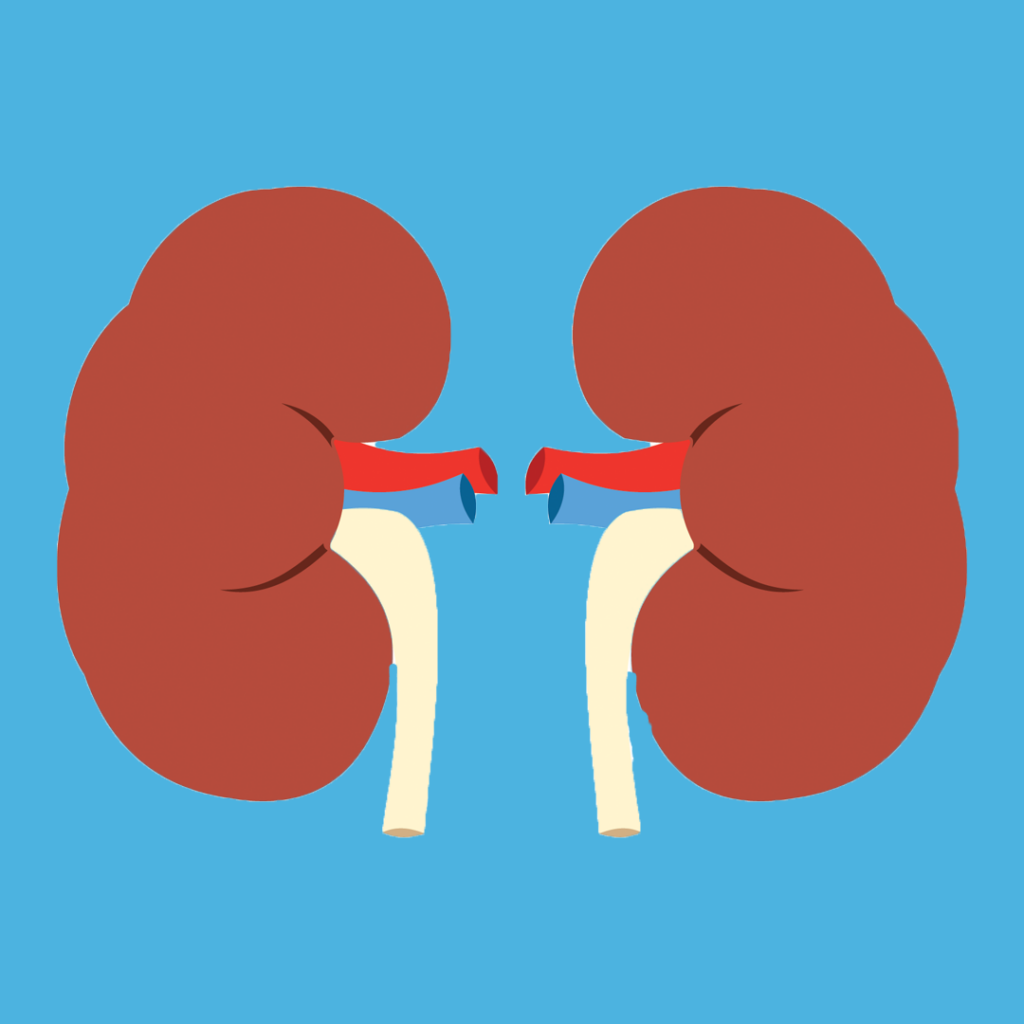Can a zinc deficiency cause loss of taste and smell?

Imagine living through life without being able to smell or taste freshly baked chocolate chip cookies ever again. For some people, this is the reality they face every day. Our sense of smell and taste are often taken for granted and we rarely notice this important ability until its function starts to deteriorate. These senses rely on your nervous system and powerful minerals like zinc to make sure they are functioning optimally. Zinc deficiency increases the risk of certain factors that cause a loss of taste and smell.
How does smell and taste work?
Your ability to taste and smell relies on a complex chemosensory system. In order for a taste or smell to be detected, you need both the sensory cells in the mouth in nose, as well as corresponding receptors in the brain.
Deconstructing smell
The molecules of the odor stimulus enter your mouth and nose, and attach to sensory cells that line the mucous membrane. Once the sensory cells are stimulated, they send a signal directly to the brain. As the signal enters the complex network of the brain, you are then able to recognize the odor. This all occurs within seconds. By the time you detect a new odor, the sensory cell has already carried the signal to your brain.
Deconstructing taste
Taste is also detected with the help of the brain. Every person has 5000-10,000 taste buds on their tongue that are stimulated by the different foods they eat. When the taste buds detect a new flavour in your mouth, they send a signal along the cranial nerves to the brainstem and the cerebral cortex. After the signal is received by the brain, you become conscious of the perception of the specific taste.
Although both senses use different sensory pathways, we rarely smell or taste anything in isolation. Your nose, mouth and brain are constantly working together to help you smell and taste properly.
When smell and taste go wrong
The loss of taste (ageusia) and the loss of smell (anosmia) are recognized medical conditions. These disorders are rarely life-threatening, but can be frustrating to navigate.
Smell and taste function synergistically – most flavours of food require both senses in order to be detected. If you pinch your nostrils when you eat, you'll find that the taste is barely present. On the other hand, if your food has an off-putting or bland flavour, you cannot fully savour the food, no matter how good the smell. Over time, smell or taste dysfunction can have a significant impact on quality of life.
What happens when you lose your ability to smell or taste?
- Loss of appetite
- Unexplained weight loss or gain
- Unable to smell dangers such as gas leaks or spoiled food
- Cannot enjoy favourite foods
- Frustration at now being able to fully experience life with all their senses
- Excess use of salt or sugar, which leads to increased risk of hypertension or diabetes
Causes for the loss of taste and smell
The natural aging process
If you've ever burned your tongue, you've lost some of your taste buds. The average adult is capable of regenerating their taste bud cells every 1-2 weeks. However, the older taste buds are, the less efficient they are at regenerating. As we age, we lose more taste buds, and as a result, our ability to taste declines.
Similarly, the cells of the nasal passage may lose their original potency. Daily exposure to toxins, pollution, and pathogens can physically injure the lining of the nasal cavity. Over time, the integrity of the nasal lining deteriorates and can cause problems with the olfactory (smell) nerve pathways.
Smoking tobacco
Cigarette smoke creates inflammation and has carcinogenic effects in the respiratory tract. The toxins in the smoke reduce the natural cleaning ability of the airways, resulting in excess mucus production. When the airways are compromised, nose and taste sensory cell production is decreased. Over time, these sensory functions can be lost.
The use of certain medications
Many medications come with side effect warnings, and some of them can be quite unpleasant. Hundreds of prescription drugs are reported to cause taste and odor alterations. People who take multiple medications may experience a greater loss of taste and smell.
Common drugs that are known to alter taste and smell
- Levothyroxine (thyroid hormone medication)
- Aspirin, ibuprofen, acetaminophen (over the counter anti-inflammatory agents)
- Diltiazem (high blood pressure medication)
Frequent illnesses and infections
Whether it be from a sinus infection, allergic reaction, a cold, or the flu, a stuffy nose is one of the worst symptoms that can develop. Not only is it difficult to breathe, it can also result in the temporary loss of smell.
An early immune response can also trigger a loss in smell to fight an acute viral infection. Your body can redistribute your zinc stores from nasopharyngeal cells to immune cells. Zinc helps your immune system activate defenses against invading pathogens. Studies show that even in healthy people with a viral infection, zinc levels can drop and stay low for several weeks. The loss is temporary, but if the virus is severe, the specialized sensory nerve tissues in the nose and throat can be damaged. in this case, the receptor cells must be regenerated before smell and taste can come back. As you heal from your infection, your smell and taste will return.
Can a zinc deficiency affect smell and taste?
Zinc is an essential mineral needed for proper taste and smell perception. The enzyme that is responsible for maintaining taste and smell lives in your saliva and nasal mucus. This enzyme, known as carbon anhydrase (CA), is responsible for creating new taste bud and olfactory receptors as the old ones need to be replaced. Zinc is the key co-factor in CA activity. This means that a deficiency of this mighty mineral can cause a loss of taste and smell.
Preventing the loss of taste and smell
Factors such as old age, the use of certain medications and frequent infections can increase the probability of a zinc deficiency.
Those at risk for losing smell and taste functions may want to consider a daily gentle dose of zinc in the form of our Zinc Bis-Glycinate 25. This formula contains a highly absorbable form of zinc that can help you build zinc stores to prevent factors that can cause a loss of smell and taste. That way, the delicious aroma of those freshly baked cookies can remain a part of your life!








